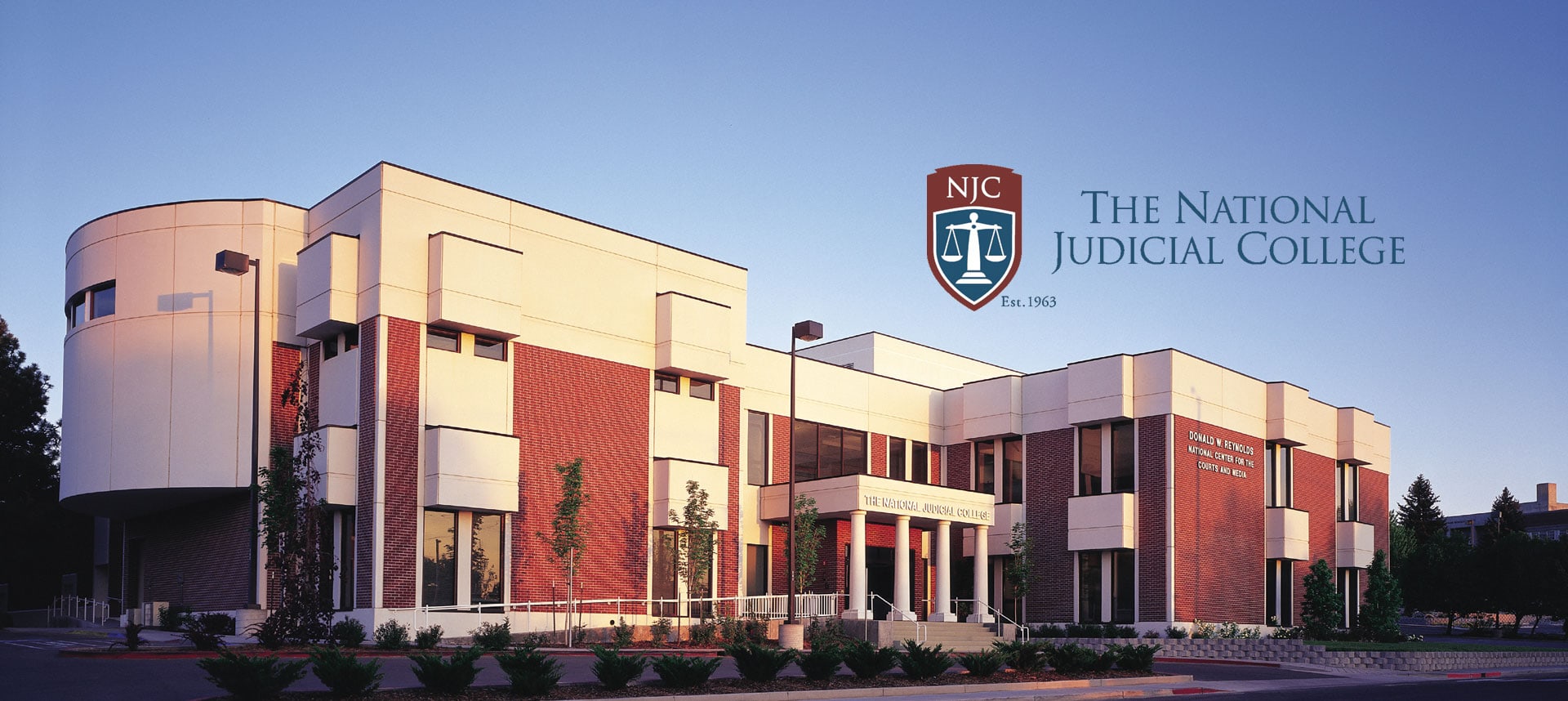

Our Question of the Month for May asked if you consider yourself adequately prepared to handle issues related to the opioid crises in your courtroom. A majority said no.
Of 406 responses, 59 percent said they don’t feel adequately prepared. Of the 110 judges who added comments, the vast majority cited the scarcity of alternatives to prison, such as drug-treatment programs aimed at curbing recidivism.
“We are three years in on my dependency caseload explosion and we’ve seen about every issue,” one judge wrote—anonymously, as was the case with nearly all the comments posted. “We are not adequately prepared. We don’t have enough detox locations, waitlists for beds in rehab are long, and we don’t have enough foster parents to care for the children who have to be removed from parent(s) who may overdose at any time. This is a nightmare of gargantuan proportions.”
Abuse of opioids, which includes prescription painkillers and heroin, killed more than 33,000 people in the United States in 2015. Opioid overdoses nationally have quadrupled since 1999.
“If anyone says (s)he is adequately prepared to handle these issues, that judge is either blissfully ignorant or unwilling to accept the scope of the problems that exist,” wrote another judge.
Research suggests that judges can help break the chain of recidivism by identifying drug users in the courtroom, understanding their needs, and utilizing positive sentencing tools such as mandated counseling or drug-treatment programs. As one judge commented, “Statistics show that we cannot incarcerate our way out of this problem.”
Judges whose jurisdictions lack resources such as health care options or community programs appear to be more likely to feel unprepared to handle the crisis. Of the 41 percent of judges who said they felt they were prepared, a majority noted access to training and information on the opioid epidemic and addicts in court.
The NJC is presenting Drugs in America Today: What Every Judge Needs to Know this week in Atlanta. It will be the College’s third consecutive year presenting the course, which was created, in part, to help judges manage the effects of the opioid crisis. More than 40 judges have enrolled.
Additional comments from those who said they feel unprepared to deal with the opioid epidemic
“The problem we face is having no resources available to treat, intervene or do something else with these individuals besides waste jail space.”
“It seems like it’s just a revolving door [of abusers in court].”
“I am prepared, but our system is not. The jails do not have sufficient medical support, nor are there adequate resources in the community to provide treatment.”
“From a judicial and legal standpoint, yes [I am prepared], but from a treatment standpoint, no. We have woefully inadequate treatment options and a county budget that could not possibly handle the level of jail incarceration necessary.”
Additional comments from those who said they do feel prepared to deal with the opioid epidemic
“I think we are adequately prepared because of courses I have taken concerning addiction through the NJC, our state educational institute, and drug court seminars.”
“Due to the fact that our court and our bar association have presented programs that delve into the various aspects of addiction co-joined with mental health issues, I have a much firmer grip on the problem.”
“As a treatment court judge and trial judge, I have been to numerous trainings. While no one can feel completely prepared, the training I have received has been invaluable, both in treatment court as well as traditional trial court.”

The Hon. Mary-Margaret Anderson (Ret.), a retired administrative law judge with the California Office of Ad...

Happy October, Gaveliers faithful. Are you loving this or what? No one believed a team made up of judges...


Hon. Diane J. Humetewa, the first Native American woman and the first enrolled tribal member to serve as a ...

Retired Massachusetts Chief Justice Margaret H. Marshall has been selected as the 2024 winner of the presti...